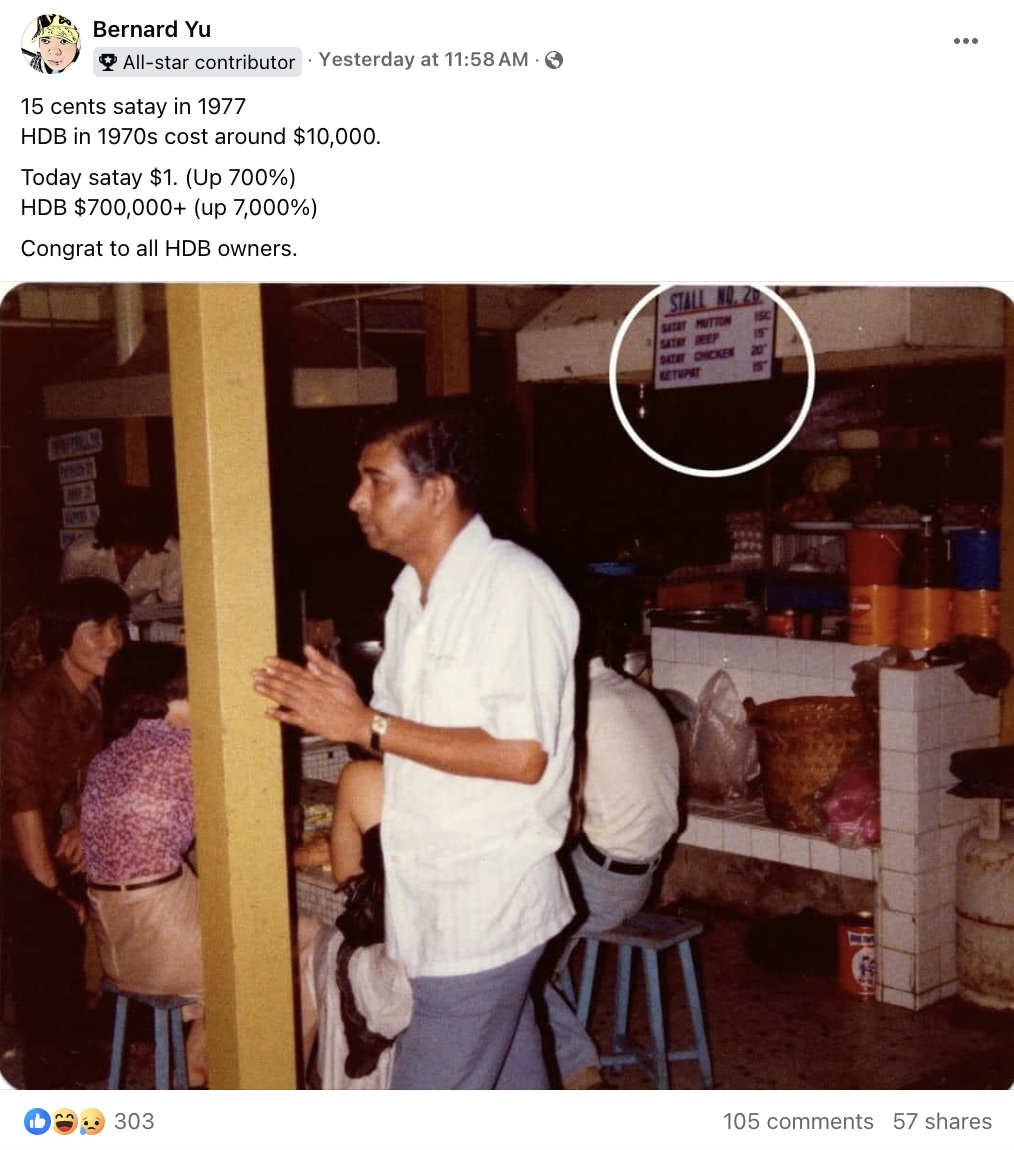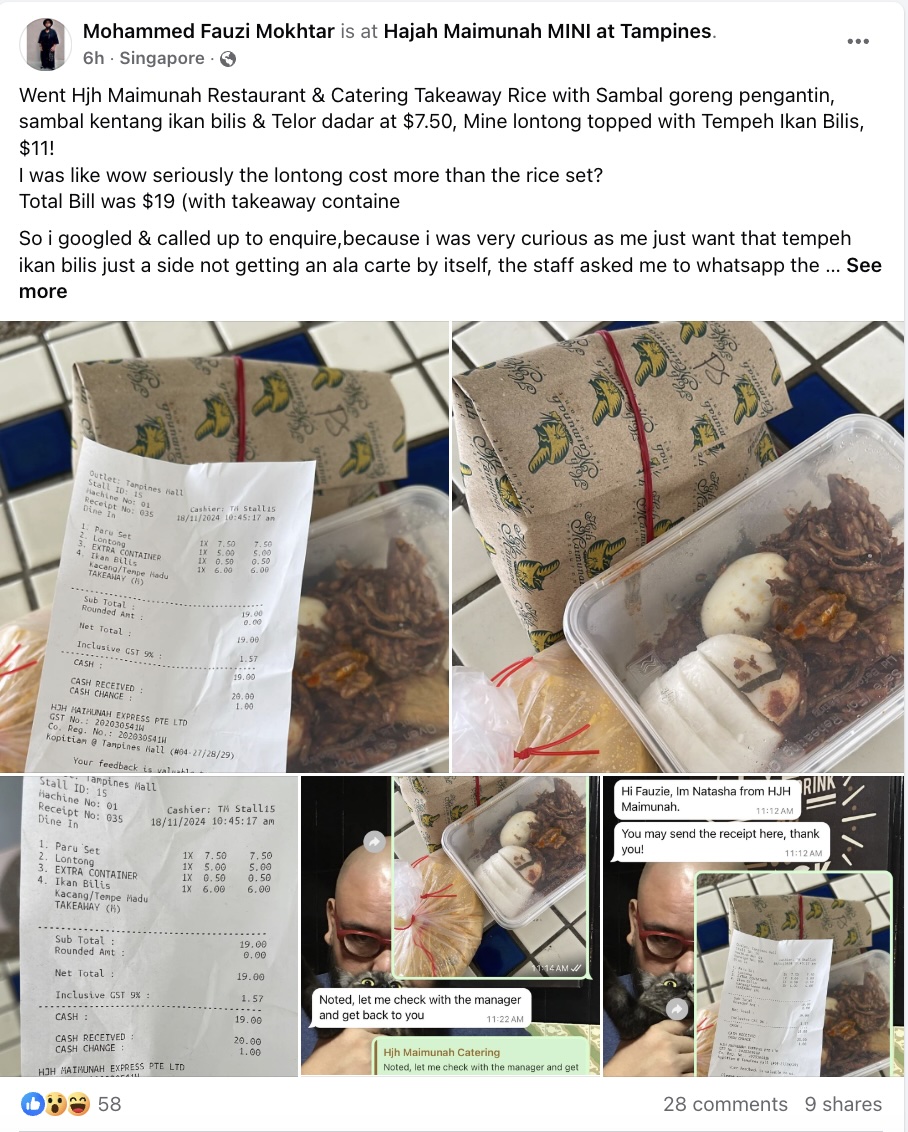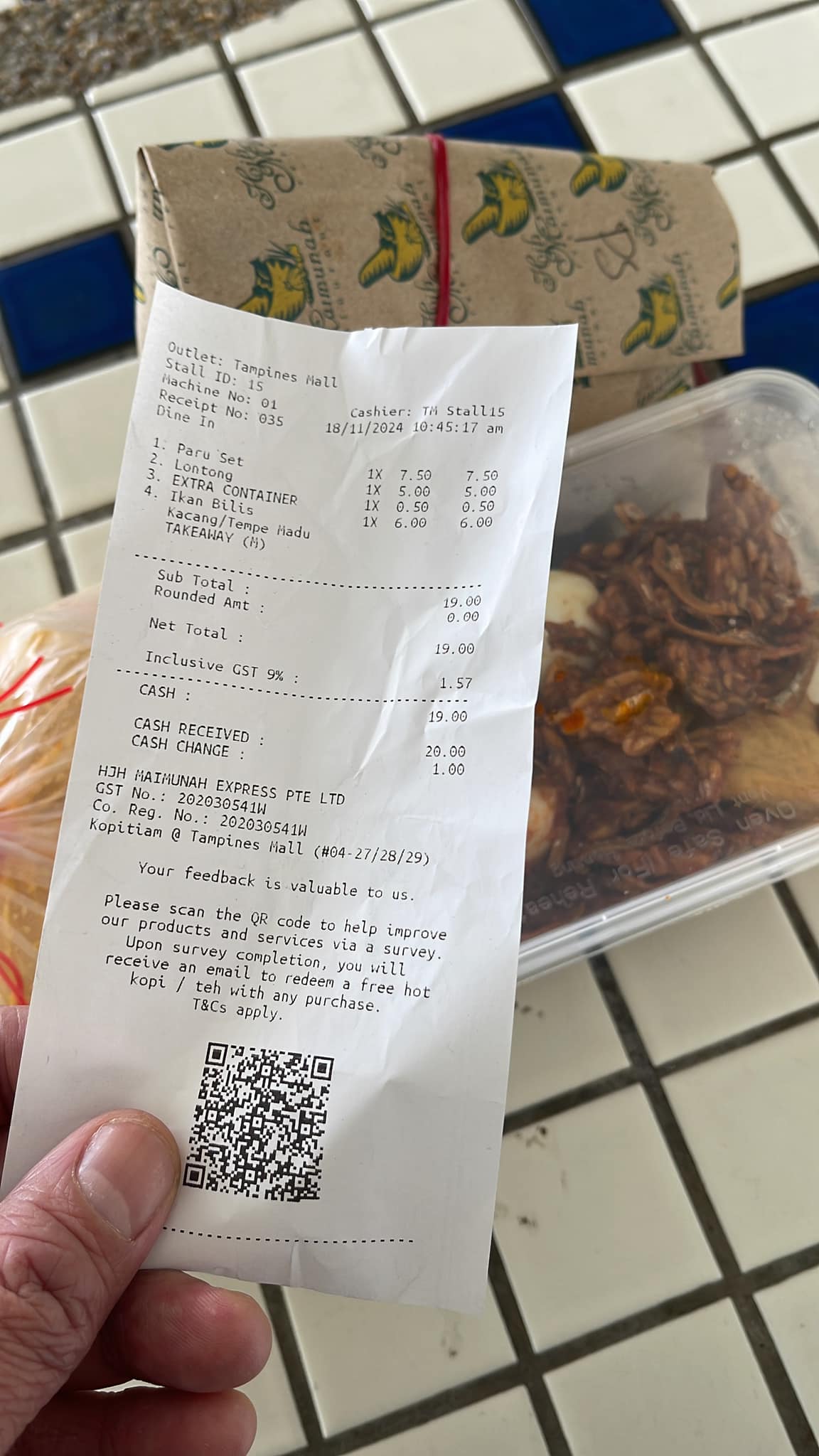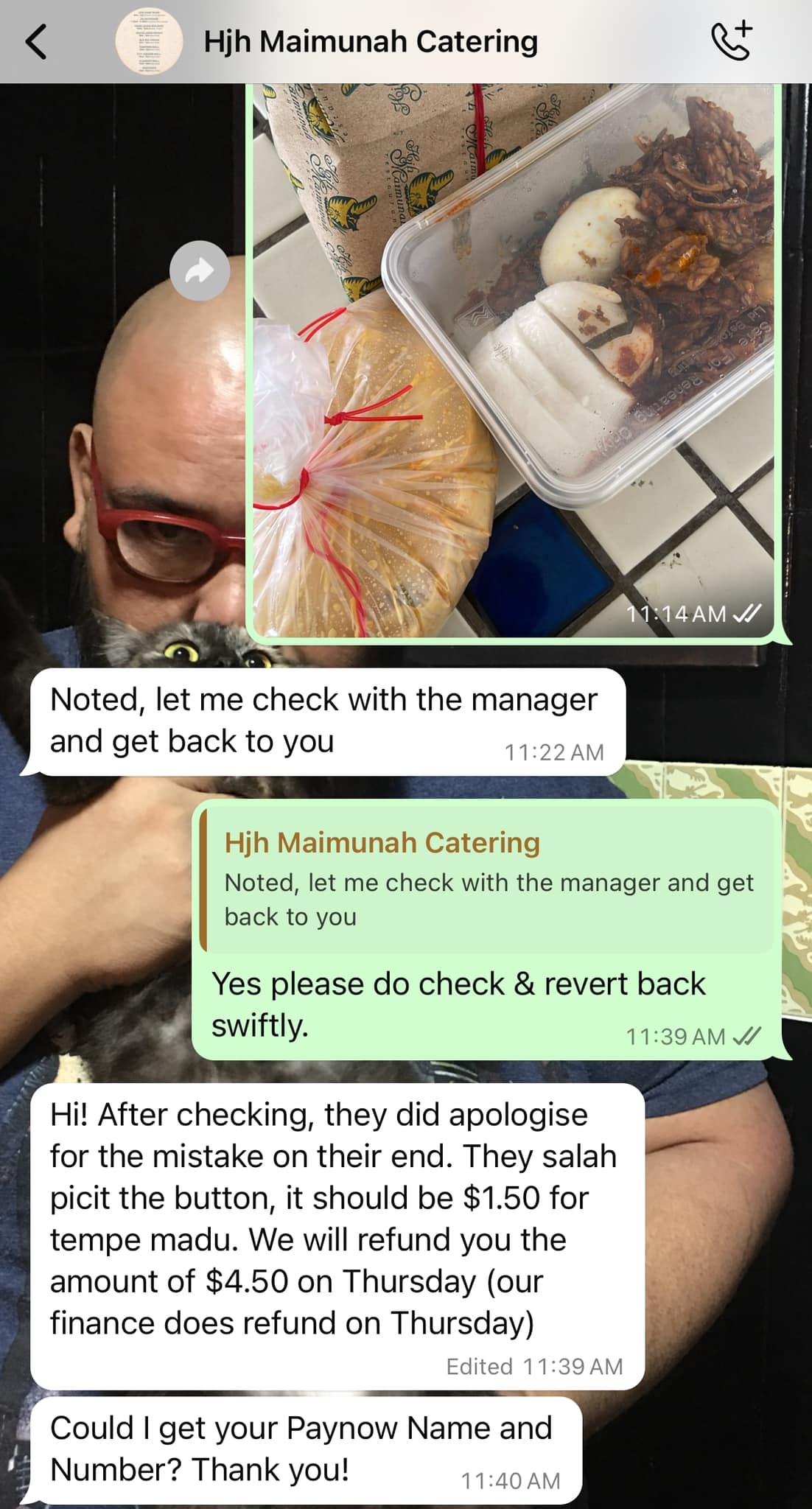SINGAPORE: A Singaporean worker revealed on social media that his boss and HR tried to pressure him to quit after learning his wife was pregnant, seemingly to avoid granting him the company’s generous paternity benefits.
In a post shared on the Facebook page NUSWhispers, the worker stated that he had been with the company for four years and was consistently recognized as a top performer throughout his tenure.
However, in January, he ‘mistakenly’ informed his boss about his wife’s pregnancy. Shortly after, his boss and HR approached him, raising concerns about his performance for the first time.
Despite his proven track record, they claimed he had been underperforming in recent months and threatened to place him on a Performance Improvement Plan (PIP).
“The company has massive paternal benefits, and it goes up to 2 additional months on top of what our government gives us for fathers,” he explained.
“I was shocked that this happened to me, and my boss went through all lengths to do this,” he added.
In May, the PIP was officially implemented on him. According to the worker, the plan was filled with unrealistic and unattainable goals, setting him up for failure.
“I told her that the things she cited inside the PIP are not achievable within the short term,” he wrote.
Moreover, his boss made several nasty comments about him and his character. “She claims that I have a lot of character problems that I need to resolve, and I need a change of attitude to work,” he said.
As time went on, the worker’s situation worsened.
His boss began to berate him during one-on-one meetings, nitpicking even the most minor mistakes, some of which dated back a year, and criticizing every aspect of his work, regardless of the context.
“I had to be on the ball in all of my work, yet she managed to find fault at the slightest “mistake” when the problem is she disagrees with the way I do my work,” he explained further.
The worker also noted that HR seemed complicit in the situation, agreeing with his boss’s methods and not stepping in to intervene.
In July, his wife unexpectedly gave birth to their daughter prematurely, prompting him to take his government-mandated paternity leave.
During this period, his boss reassigned his core responsibilities to a colleague and insisted that he immediately resume the PIP upon returning from his two-week leave.
However, feeling that the two weeks were too short, especially with the need to support his wife’s newborn daughter and manage family responsibilities, he requested to use the company’s additional paternity leave, which HR has approved.
When he returned in October, his team was supportive and excited about the arrival of his daughter, but his boss remained hostile.
“She resumed the PIP immediately. She came off as passive-aggressive at me during team meetings and manipulated my team that I am such a liability when I went on such a long leave,” he said.
“This poison has been taking a toll on my entire mental and emotional health. I will probably lose my job at the end of this month. I tried going to job interviews, but I had already lost my motivation,” he lamented.
Unsure of what to do next, the worker reached out to netizens for advice, asking, “So dear NUS peeps, what should I do from now onwards?”
“Nothing much you can do. Many ladies face the same discrimination for taking maternity leave”
In the comments section, many were outraged by the way the company treated him after he shared the news of his wife’s pregnancy.
Several netizens felt the boss unfairly used the Performance Improvement Plan (PIP) to push him out, especially since he had been a top performer before.
One netizen said, “This is bullying and an abuse of power that she’s doing. HR is just admins. Go to MOM (Ministry of Manpower) to launch a report.
It’s very unreasonable of her. Doesn’t make sense either that you performed well in the past 4 years, and suddenly you have attitude problems and stuff.”
Some netizens also advised him to carefully document every interaction with his boss and HR, including any instances of passive-aggressive behaviour or mistreatment, in case he needed to take legal action or seek external support.
One netizen commented, “The way you are forced out (if you are forced out) is ridiculous, and I believe illegal.
Please keep all records and information at all times so that you have the proof that you are unfairly treated and terminated despite your efforts to work to the best of your ability.”
A few others urged the worker not to bother reporting the issue to the authorities, as it might not result in any significant change and suggested he leave his job immediately.
They pointed out that such behaviour—manipulating or mistreating employees over personal matters like pregnancy—is unfortunately common in many workplaces.
They also noted that women, in particular, often face similar discrimination due to pregnancy.
One netizen expressed, “Nothing much you can do. Many ladies face the same discrimination when taking maternity leave.
You also can’t get much from the authorities because if you are being let go, which sounds like you are, it’s ‘officially due to poor performance’ and NOT paternity/maternity leave.”
Workplace Discrimination in Singapore
The Association of Women for Action and Research (AWARE) launched its Workplace Harassment and Discrimination Advisory (WHDA) in 2019 and identified maternity discrimination as the most prevalent form of workplace discrimination.
In 2023, Channel News Asia reported that WHDA had handled 218 cases of maternity-related discrimination since its inception.
These cases ranged from inappropriate job interview questions to wrongful dismissals, denial of bonuses, and outright harassment. In 2022 alone, maternity discrimination accounted for 85% of the advisory’s caseload.
Fathers have also reported workplace discrimination. Research by Indeed, which surveyed 1,000 working parents in Singapore, found that nearly one-third (32%) felt they had been mistreated at some point in their careers due to having a child.
This sentiment was further echoed by seasoned professionals, with 65% of business owners, 44% of senior management, and 43% of c-suite executives reporting similar experiences.
If you or someone you know is experiencing pregnancy or gender discrimination at work, reach out to WHDA for support by calling 6777 0318 (Mon-Fri, 10 am-6 pm) or emailing [email protected] for help.
Read also: When men ask women at work, “What are you wearing right now?” instead of “What are you working on right now?”
Featured image by Depositphotos (for illustration purposes only)














